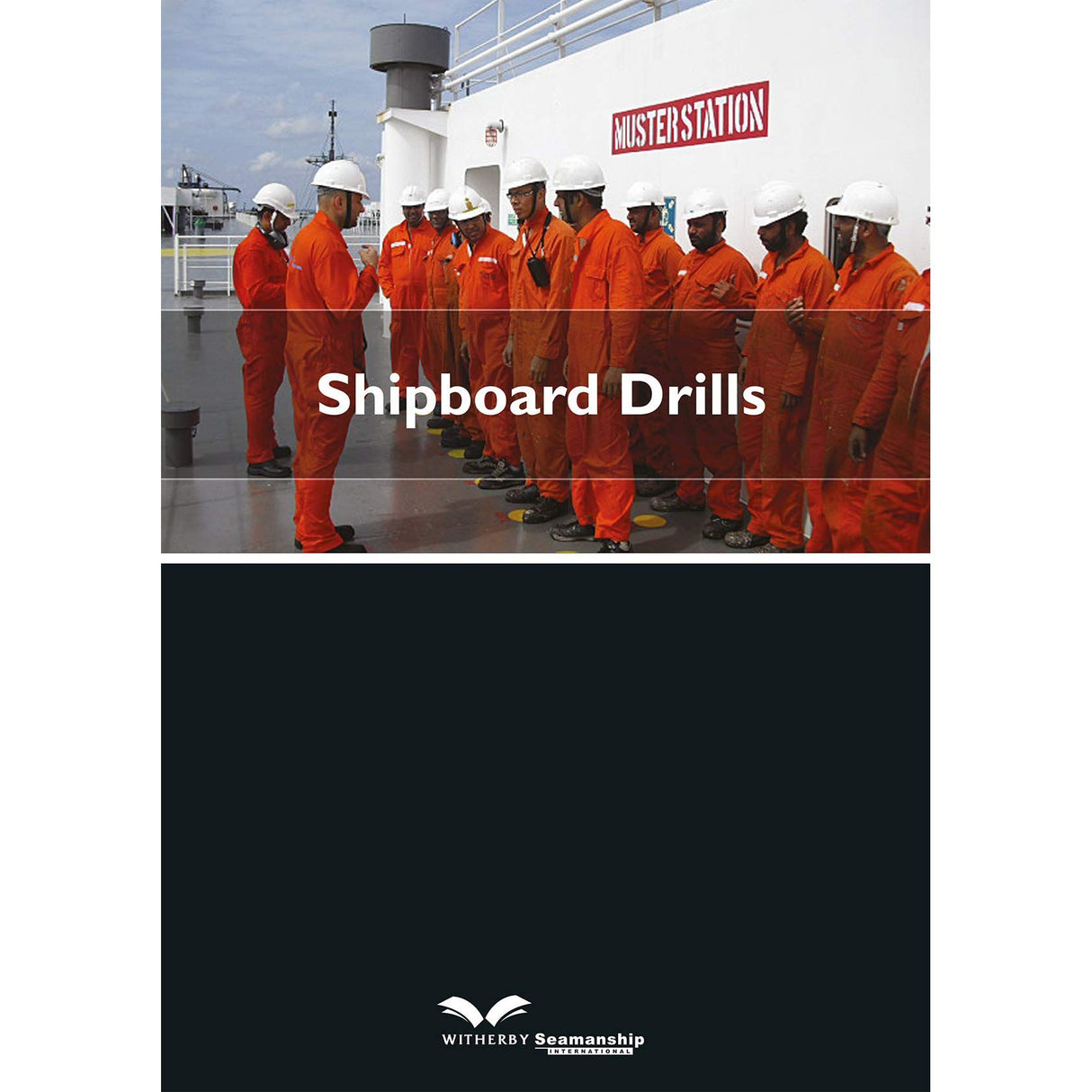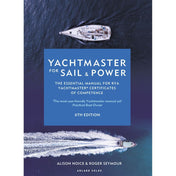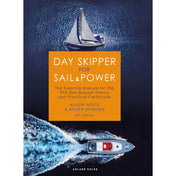Shipboard Drills
| Edition: | 2012 |
|---|---|
| Format: | Paperback |
| Size: | 230 x 150 mm |
Shipboard Drills is backordered and will ship as soon as it is back in stock.
Couldn't load pickup availability
Delivery Information
Delivery Information
We aim to dispatch all orders by the next business day, but we're a small business and sometimes when it's busy it may take a little bit longer. If there's going to be any delays we'll get in touch and keep you up-to-date.
Shipping is free for all orders of £50 or more!
We work with Royal Mail, DPD and DHL to offer the most convenient delivery options to our customers.
Friendly Advice
Friendly Advice
Chris is a Master Mariner and knows a thing or two about seafaring. If you need any help then don't be shy - send us an email or get in touch using the WhatsApp icon.
Easy Returns
Easy Returns
Not what you were looking for? No problem. We can accept returns of items in as-sold condition for up to 30 days (maybe a bit longer but don't tell anyone).
Just let us know and we'll sort everything out, including the shipping cost back to us.
Unfortunately this doesn't apply to Print on Demand charts as they are correct at the time of printing.
Of course if there's any faults or damage then let us know and we'll make it right!
Confidently Plan and Conduct Onboard Drills
Shipboard Drills is a practical, scenario-based guide to planning and conducting onboard emergency drills. Covering 18 different drill types, it outlines clear objectives, structure, and post-drill debrief guidance to help ensure your crew are prepared for real-life situations.
Designed to build competence, confidence and teamwork, this book includes guidance for both statutory and non-statutory drills, from lifeboat and fire drills to collision, piracy, oil spill response and blackout scenarios. It also provides general planning advice, suggested scheduling frequencies, and emphasises the importance of meaningful, safety-conscious training.
This is an essential reference for Masters, safety officers and anyone responsible for onboard training or ISM Code compliance.
Table of Contents
- 1. The Muster List
- 2. Lifeboat Drills
- 3. Rescue Boat Drill
- 4. Fire Drill
- 5. Passenger Drills
- 6. Emergency Steering Drill
- 7. Enclosed Space Rescue: Training and Drills
- 8. Pirate Attack Drill
- 9. ISPS / Security Drill
- 10. Oil Spill Response Drill
- 11. Hull Damage / Flooding (Damage Control) Drill
- 12. Helicopter Drill
- 13. Grounding / Stranding Drill
- 14. Emergency Towing Drill
- 15. Man Overboard Drill
- 16. Blackout / Power Failure – Bridge Response
- 17. First Alert Drill
- 18. Collision Drill
- 19. Break Away from Berth Drill
-
Edition
-
Format
-
Size
-
Pages
-
ISBN
Payment & Security
Payment methods
Your payment information is processed securely. We do not store credit card details nor do we have access to your credit card information.








